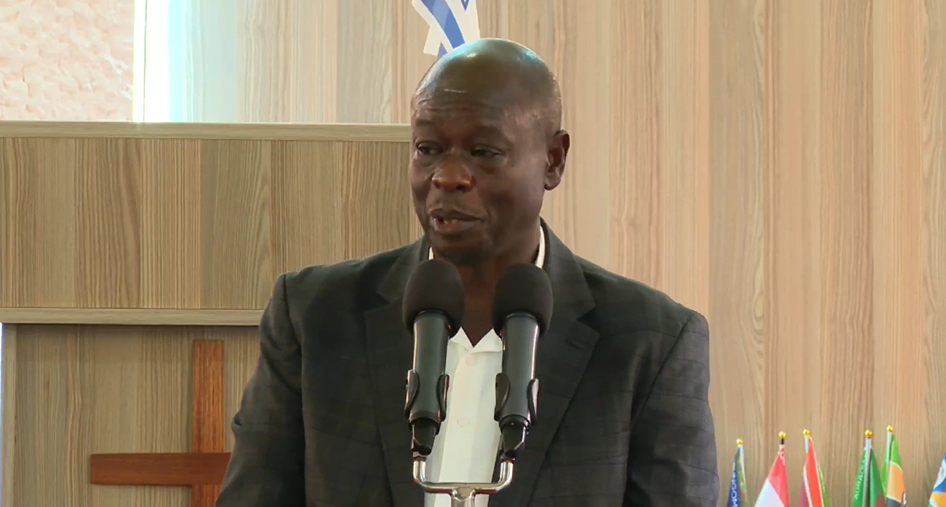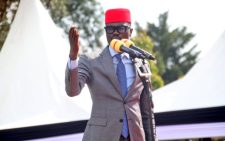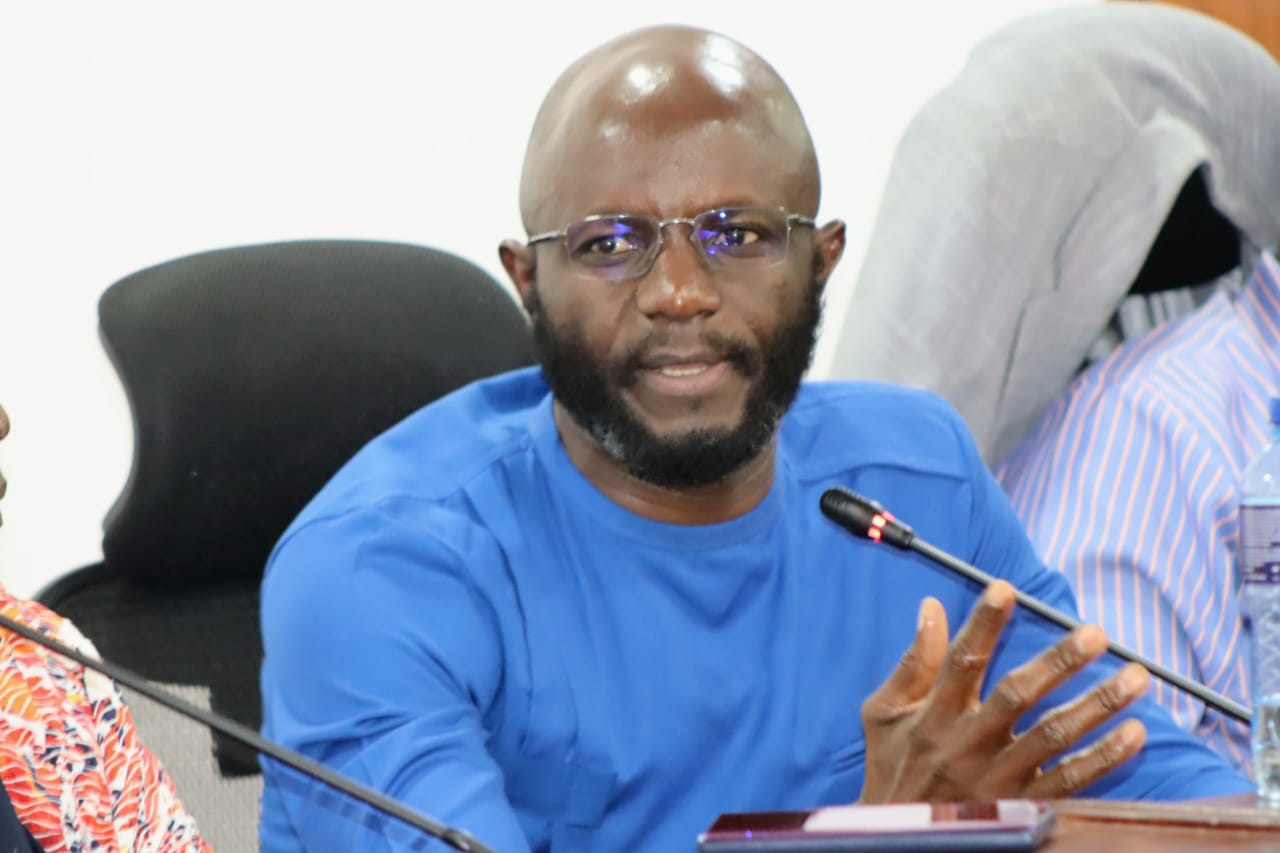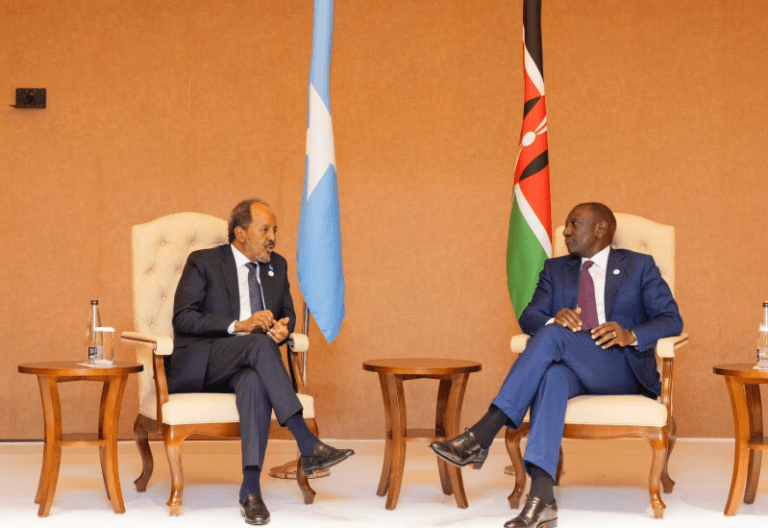Kenya’s forex reserves slump causes concerns

Lewis Njoka @LewisNjoka
The perceived deterioration of Kenya’s foreign exchange sector has caused jitters in the market with analysts raising concerns about its performance in the recent past.
Forex reserves have dropped in the last four weeks, dipping by Sh44 billion to stand at $8,223 million (Sh894.7 billion) on October 22, down from $8,627 (Sh938.6) billion on September 24, according to Central Bank of Kenya Data.
This is even as Absa Africa Financial Markets Index 2020 ranked Kenya position 10 in Africa on the foreign exchange pillar, down from fifth last year, after leading in 2018.
The report further says Kenya dropped to 58 points from 65 points in 2019 in the foreign exchange pillar, on volatility to the local currency and a weaker microeconomic condition.
Kenya’s forex deterioration has taken place gradually, says Danae Kyriakopolou, director of research at Official Monetary and Financial Institutions Forum.
One of the pillars
“Two years ago, it (Kenya) was number one overtaking even South Africa.
It was one of the few pillars in the index two years ago where we had a country that was not South Africa topping one of the pillars, and that was Kenya. So, it has really dropped over time,” Kyriakopolou said.
Speaking during during the official launch of the Absa Index on Wednesday Kyriakopolou observed that Kenya’s portfolio flow to foreign exchange ratio had moved up significantly, from 9.5 per cent to 14.4 per cent, saying this could be due to inflows as well as vulnerabilities in outflows.
“What we are arguing in the report is that a stronger position could help Kenya to improve its score on this pillar,” she said.
Caleb Mugendi, the Assistant head of investments at Cytonn, however downplayed Absa’s ranking criteria, saying the country was not doing poorly on matters foreign exchange.
“We are not doing so badly. We have been hit by Covid-19 but the fundamentals are strong. Our forex reserves are still sufficient and we still have the IMF standby facility,” he said.
Gerald Muriuki, an analyst at Genghis Capital says one of the surest ways to increase the country’s foreign exchange reserves is to boost exports.
“During the year, our currency has weakened due to how the economic environment has been and pressure due to the dollar debt payments,” said Muriuki.
During the preparation of the Absa report, questions on the true value of the Kenya shilling emerged with Absa choosing to go by the International Monetary Funds figures as opposed to those provided by the Central Bank.
“For Kenya, there is also the discrepancy between what the IMF is saying and what the perception may be in the country, so we used the IMF classification for that,” Kyriakopolou said














